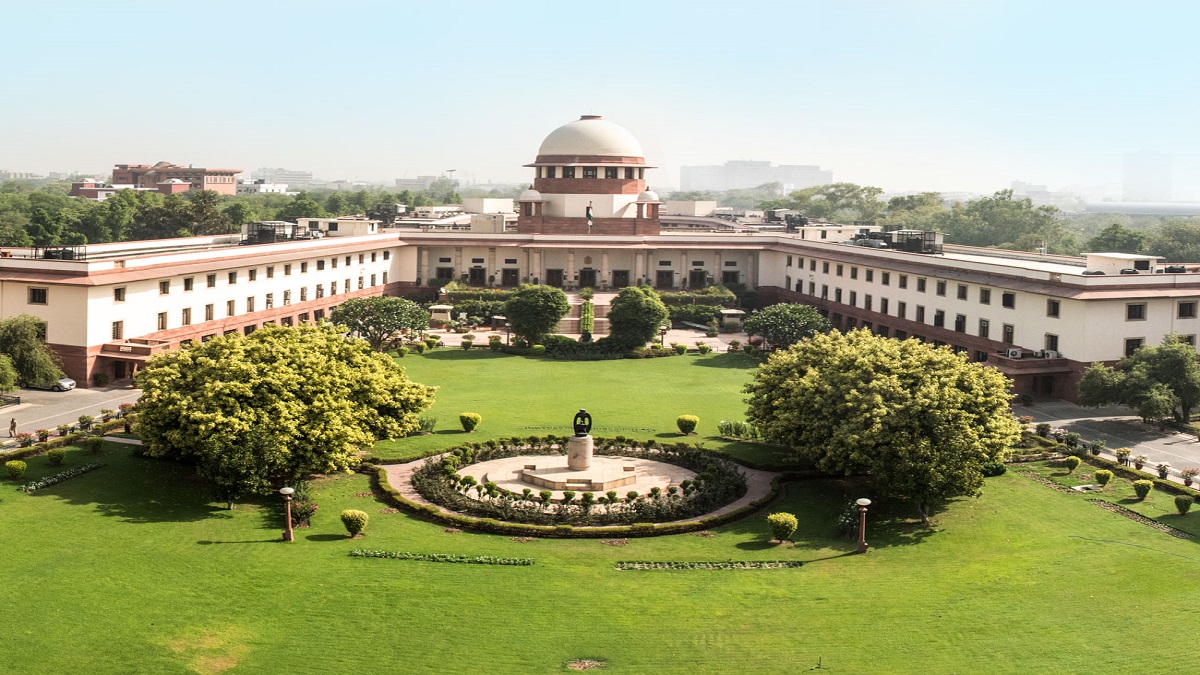Case Title: BHIKCHAND S/O DHONDIRAM MUTHA (DECEASED) Vs SHAMABAI DHANRAJ GUGALE (DECEASED)
Case No.: CIVIL APPEAL NO. 5026 OF 2023
Order on: May 14, 2024
Quorum: J. HRISHIKESH ROY & J. PRASHANT KUMAR MISHRA
Facts:
Bhikchand the appellant, borrowed Rs. 8,000 from Dhanraj, who later passed away, leaving his wife, Shamabai, as his legal representative. Shamabai sued Bhikchand to recover the loan, and the court partially ruled in her favor, awarding her the principal amount along with interest. However, Bhikchand appealed this decision, whereas on the other hand by that time, Shamabai started the process of selling Bhikchand’s properties to recover the debt.
While the appeal was going on, the appellate court reduced the amount which Bhikchand owed, but Shamabai had already sold his properties at auction to recover the original, higher amount. Upon realizing the discrepancy, Bhikchand sought restitution under Section 144 of the Civil Procedure Code, which allows for the reversal of a sale if a judgment is later changed. It was further argued that since the amount he owed had been reduced, the sale of his properties should be reversed or adjusted accordingly. However, the lower courts rejected his claim, stating that he hadn’t deposited any money with the court during the original judgment or the appeal process, so the principle of restitution couldn’t be applied.
Contentions of the Appellant:
The appellant in this case, Bhikchand, is arguing that he should get his property back because he thinks he paid too much. He borrowed money from Dhanraj (now deceased), but his wife Shamabai sold his properties to get the money back. However, when Bhikchand won his case on appeal, the court said he didn’t owe as much as they thought. So, the appellant herein, wants the court to undo the sale and give him his property back because he thinks it’s unfair to take it for a debt he doesn’t fully owe anymore. He’s saying that since the court changed how much he owed, they should also change what happened to his property.
Contentions of the Respondent:
The respondent, representing the interests of Shamabai Dhanraj Gugale (the decree holder), likely stated that the appellant should not be entitled to restitution as they tried to contend over the fact that the appellant failed to fulfil his obligations during the legal proceedings, such as not depositing any money with the court despite owing a debt. Moreover, they tried to establish that since the properties were sold to satisfy the original decree, any subsequent changes to the judgment should not affect the validity of the sale. Furthermore, they could have claimed that Bhikchand’s delay in seeking restitution and his lack of positive action should impede him from reversing the sale of the properties.
Legal Provisions:
Section 144 of CPC: Deals with the Application for restitution. It states about the act of restoring something to its rightful owner. This main concern of this section is – the court shall harm no one.
Issues framed by the Court
- Whether Bhikchand, the judgment debtor, is entitled to restitution under Section 144 of the Code of Civil Procedure, 1908.
- Whether the sale of Bhikchand’s properties by Shamabai remains valid after the appellate court’s decision reduced the amount owed by Bhikchand.
Court’s Analysis and Judgement:
Based on the analysis made by the hon’ble court it determined whether Bhikchand, herein the appellant should get his properties back after they were sold to pay off a debt. It found that the appellant didn’t follow the right steps during the legal process, like not paying money he owed to the court. It was further stated that due to the reason that the properties were already sold to pay off the debt, the appellant couldn’t just change things later. They said Bhikchand waited too long to ask for his properties back and didn’t put enough potential to fix things earlier. So, the court decided that Bhikchand couldn’t get his properties back. They wanted to make sure the rules of the legal system were followed and that decisions about debts and property were final.
“PRIME LEGAL is a full-service law firm that has won a National Award and has more than 20 years of experience in an array of sectors and practice areas. Prime legal fall into a category of best law firm, best lawyer, best family lawyer, best divorce lawyer, best divorce law firm, best criminal lawyer, best criminal law firm, best consumer lawyer, best civil lawyer.”
Judgement Reviewed By- Shramana Sengupta


